
Contributing to balancing the electricity supply and demand: a societal challenge
──I imagine many people are unfamiliar with VPP/DR. Can you please explain what it is?
Akaboshi
Achieving a decarbonized society requires the widespread adoption and expansion of renewable energy, a topic that is widely recognized as crucial. Solar and wind power generation is highly dependent on weather conditions however, making it challenging to maintain a stable balance between electricity supply and demand. Disruptions in this balance can lead to equipment failures and/or blackouts, which may significantly affect daily life.
A solution that is garnering global attention is a power management technique known as VPP/DR (Virtual Power Plant/Demand Response). This system involves aggregating energy resources owned by companies and factories, such as production facilities, power generation units and storage batteries, and coordinating their operation to contribute to balancing electricity supply and demand. During periods when renewable energy supply is limited and electricity demand in a region is high for example, this approach can involve reducing the electricity consumption of production facilities or generating electricity using onsite power generation units to help maintain the supply-demand equilibrium.
As the adoption and expansion of renewable energy advances, it is important to note the increasing retirement of thermal power plants due to aging etc. In addition to their role in generating electricity, thermal power plants have also historically served as a balancer in the grid system, flexibly adjusting output to align with supply and demand. As their retirements progress however, expectations for alternative solutions like VPP/DR are expected to significantly increase.

Nabeta
VPP/DR have been pioneered in Europe, leading the world in the adoption of renewable energy. The market is also expanding in regions such as North America and Oceania. Recognizing the advantages of VPP/DR, the Japanese government, which has set a scenario to make renewable energy a major power source by 2040, established a balancing market in 2021. This market allows for trading ‘surplus power’ generated by utilizing and controlling the production facilities of consumers as ‘flexibility’ to maintain the demand-supply balance across the region.
Akaboshi
In the balancing market, general transmission system operators present the flexibility required to balance supply and demand, and bids are submitted in response. By establishing a system that converts flexibility into economic benefits, it is expected that more companies and factories will cooperate in power balancing, creating an environment that facilitates greater adoption of renewable energy.
Chiyoda has also commenced full-scale initiatives to contribute to solving the social issue of achieving a decarbonized society. As our business model, we convert flexibility into economic benefits through market transactions and share those economic benefits with partnering business entities via a profit-sharing approach in our business development.
VPP/ DR Business Model


Partnering to Unlock Latent Surplus Power
──In the VPP/DR business, we have partnered with Nihonkaisui and initiated collaboration between the two companies.
Otaki
At Nihonkaisui's Ako Plant, the core salt manufacturing process utilizes an in-house cogeneration system, producing both electricity and steam simultaneously. As a valuable partner supporting Nihonkaisui, we analyze the overall energy and equipment usage at the plant and while ensuring that regular business activities are not disrupted, propose optimal equipment operation that balances the supply of electricity and steam. We also provide support in formulating equipment control methods aimed at generating ‘surplus power = flexibility.’
──What benefits can this partnership bring to Nihonkaisui?
Otaki
Firstly, by discovering new ways to utilize electricity, Nihonkaisui can secure a continuous new revenue stream. By contributing to the stabilization of the power grid in the Kansai region, where the Ako Plant is located, Nihonkaisui can also make a meaningful contribution to the local community.
These are the two primary benefits we foresee. Transactions in the balancing market are currently the focus, but we are considering entering other markets in the future. By continuing discussions with Nihonkaisui, we aim for the most optimal options for trading in the electricity markets where the highest economic benefits can be achieved.
A reliable partner supporting new challenges
Expertise in Plant Engineering: The Key to Differentiation
──Could you tell us about the strengths Chiyoda brings to this business?
Nabeta
In the VPP/DR business, our strength lies in leveraging the expertise accumulated from domestic and international plant construction projects, including expertise and know-how in process engineering, control system engineering and electrical system engineering and construction. This expertise enables us to propose optimal equipment operations that generate flexibility. Multiple departments within our organization collaborate and co-create solutions together to ensure tailored proposals that suit the specific needs of our partner companies.
Akaboshi
There are over 100 competing companies in the domestic market, but we take pride in leading the way, particularly in the field of process and control system engineering. To find the latent ’surplus power’, a core value of this business, it is essential to accurately understand the entire production process, identify where surplus capacity or optimization opportunities exist, and implement control measures without disrupting business activities. This is precisely the area where Chiyoda excels the most.
Nabeta
Our project management capabilities, which involve engaging and coordinating with partners related to the business, is another significant strength that drives the success of our projects. Chiyoda has partnered with GridBeyond, an Irish company with extensive experience operating VPP/DR businesses in advanced power markets such as Ireland, UK, USA and Australia, leveraging its proven systems across hundreds of facilities. This collaboration supports the expansion of our VPP/DR business in Japan. By maintaining close partnerships and combining technical expertise and knowledge with our collaborators, we will continue to maximize the value of our efforts moving forward.
‘All Chiyoda’ Approach for Comprehensive Support
──Could you share your perspective on the current challenges?
Otaki
Given the wide range of target industries, including chemical, metal or food, the VPP/DR business has great potential. In industries where we have had limited exposure in the past however, our company’s recognition remains relatively low. Due to the strong association with EPC and LNG, many are surprised to learn that we are also involved in the electricity business, often remarking, “Oh, you’re doing power-related business as well?” This has made it somewhat challenging to leverage our brand strength in sales efforts.
Akaboshi
It’s true that the recognition of Chiyoda’s involvement in this business is still not very high, given our long history in the EPC industry. The most important thing is to clearly and carefully communicate the benefits of partnering with us, earning the support and agreement of potential collaborators. This situation is similar within Chiyoda as well. To attract attention, we are also focusing on internal communications and aim to gather more colleagues who are willing to collaborate and support this business.
Nabeta
I agree. There are many aspects of this business that need to be built from the ground up. For example, we worked with the Legal Department to draft contracts or collaborated extensively with the Accounting Department to review and establish accounting methods. Moving forward, I hope to further increase the number of colleagues within the company who are willing to collaborate, ensuring that we take a comprehensive ‘All Chiyoda’ approach to provide the best possible support.
One Team as the Driving Force for Solving Social Issues
──Lastly, could you share your passionate thoughts about this business?
Otaki
While we were focused on sales activities aimed at supporting new partners during the expansion phase, we will also work in parallel to continue providing value to our existing partners by staying closely connected with them. By building on these efforts and accumulating achievements, I hope to develop a business that is familiar within Chiyoda and recognized outside the organization.
Nabeta
VPP/DR is an essential initiative for realizing a decarbonized society and I feel a strong sense of fulfillment in being involved in its promotion. It also has high compatibility with industries that require large-scale power consumption, such as data centers and water electrolysis, which are expected to see market growth. By further strengthening companywide collaboration, I aim to propose total solutions that create even greater value for our partners.
Akaboshi
VPP/DR is a system that revisit the traditional energy supply model reliant on large-scale power plants (centralized energy resources) and effectively utilizes energy resources owned by consumers on the demand side (distributed energy resources). It’s a groundbreaking approach that contributes to solving social issues through relatively small investments in energy visualization and control, in a speedy manner. It’s also a rare opportunity to leverage the plant engineering expertise our company has cultivated for new challenges. I believe it can become one of the pillars of our Non-EPC business under our ‘Business Plan 2025: Be the Change-Enriching the future’, which emphasizes the expansion of business co-creation. This will also contribute to stabilizing profitability and achieving sustainable growth of the company.
Looking back, as a new business, we faced unexpected challenges. But rather than relying on a top-down approach, our team members worked together to brainstorm solutions, overcome hurdles and move forward. I've come to truly appreciate the joy of teamwork through this experience, and I’m committed to tackling social issues as a One Team while ensuring every member continues to grow.


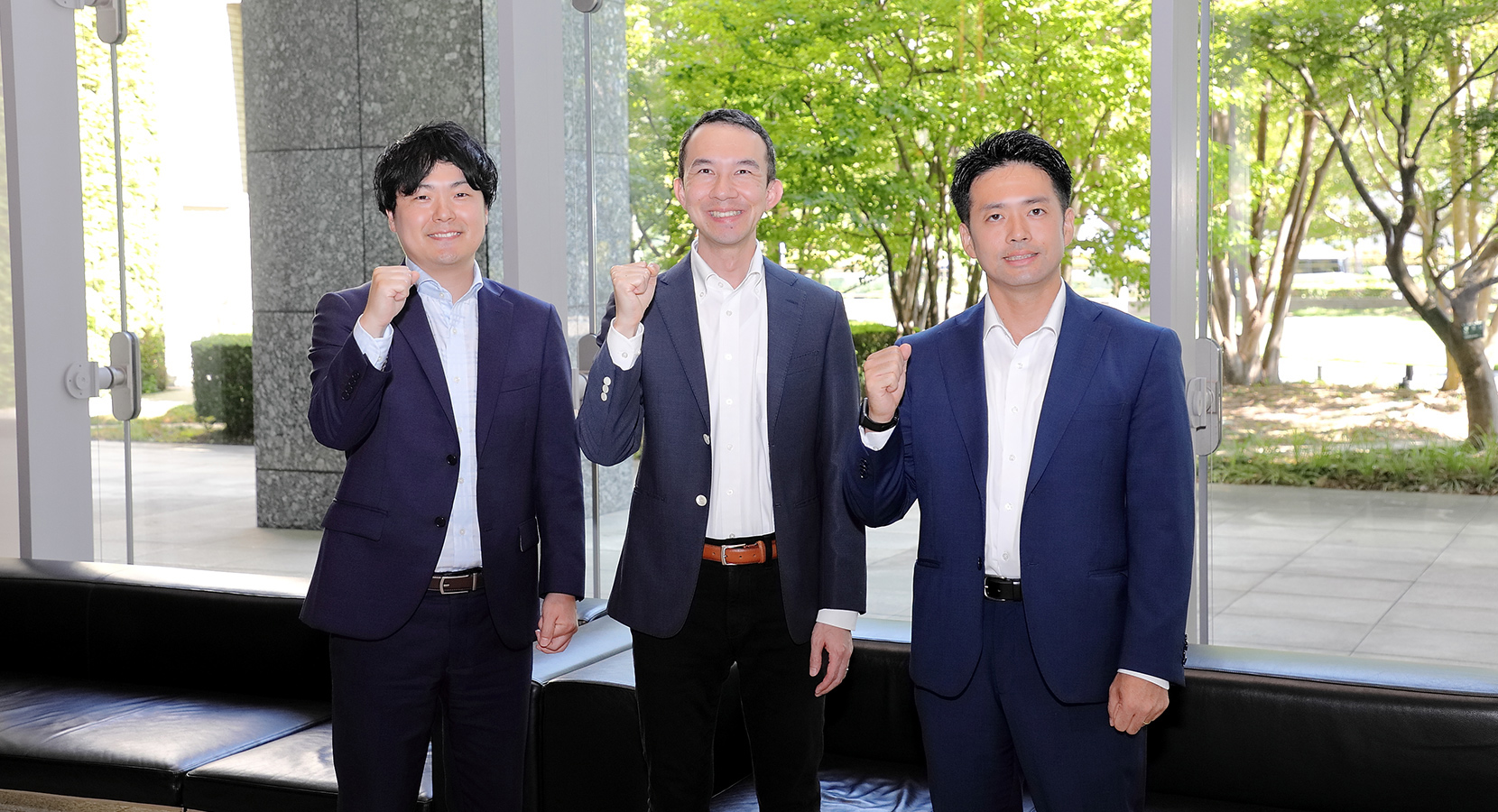
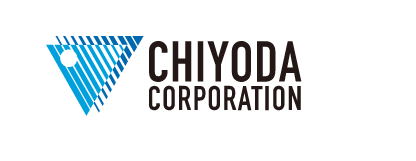
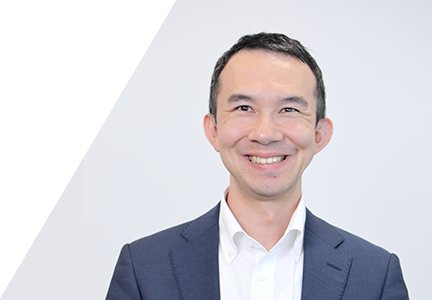


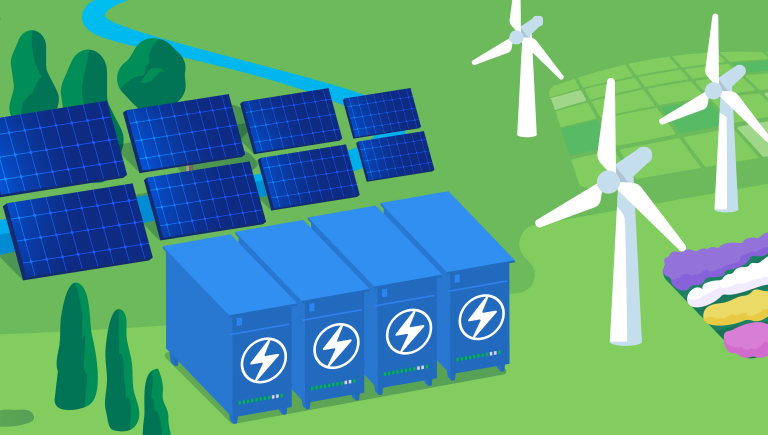
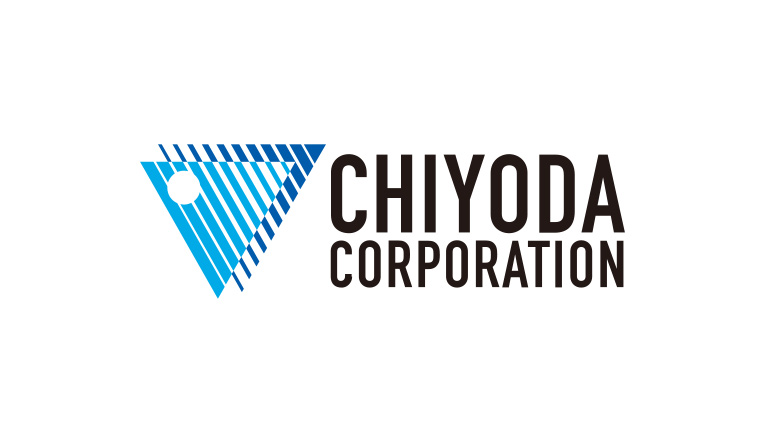
Entering the balancing market is an important initiative for our company that contributes to the stable supply of electricity and the stabilization of electricity rates.
We have selected Chiyoda as our business partner due to their technological prowess and project execution expertise. Our company operates two biomass power plants and two gas turbine power generation facilities, which are usually operated to meet the on-site power demand. However, when participating in the balancing market, they utilize surplus power beyond the on-site demand to provide flexibility.
Chiyoda meticulously analyzed the power output characteristics of our gas turbine facilities and the on-site demand trends to propose an optimal combination of generator outputs to maximize ‘surplus power = flexibility’. Chiyoda’s proposal was practical and precise and exceeded our expectations.
Whenever uncertainties or concerns arose, Chiyoda provided prompt and thorough support, which was immensely helpful. From familiarizing market systems to establishing operational workflows, Chiyoda’s detailed and accurate assistance enabled us to achieve smooth market entry.
This project represents a new challenge for our company and has garnered high internal attention. Challenges often come with uncertainty or hesitation, but the steadfast support and guidance provided by Chiyoda during such times has been reassuring. Chiyoda have consistently proven to be a trustworthy partner.
In the balancing market, flexibility is traded based on the characteristics of supply-demand fluctuations and we aim to combine Chiyoda's expertise with our power generation operation proficiency to expand the scope of our transactions and create new value.
Let’s continue advancing towards the realization of a sustainable energy society together.
Mizusa Ukegawa
Power Generation Section,
Power Generation Department,
Electric Power Division
Nihonkaisui Co., Ltd.